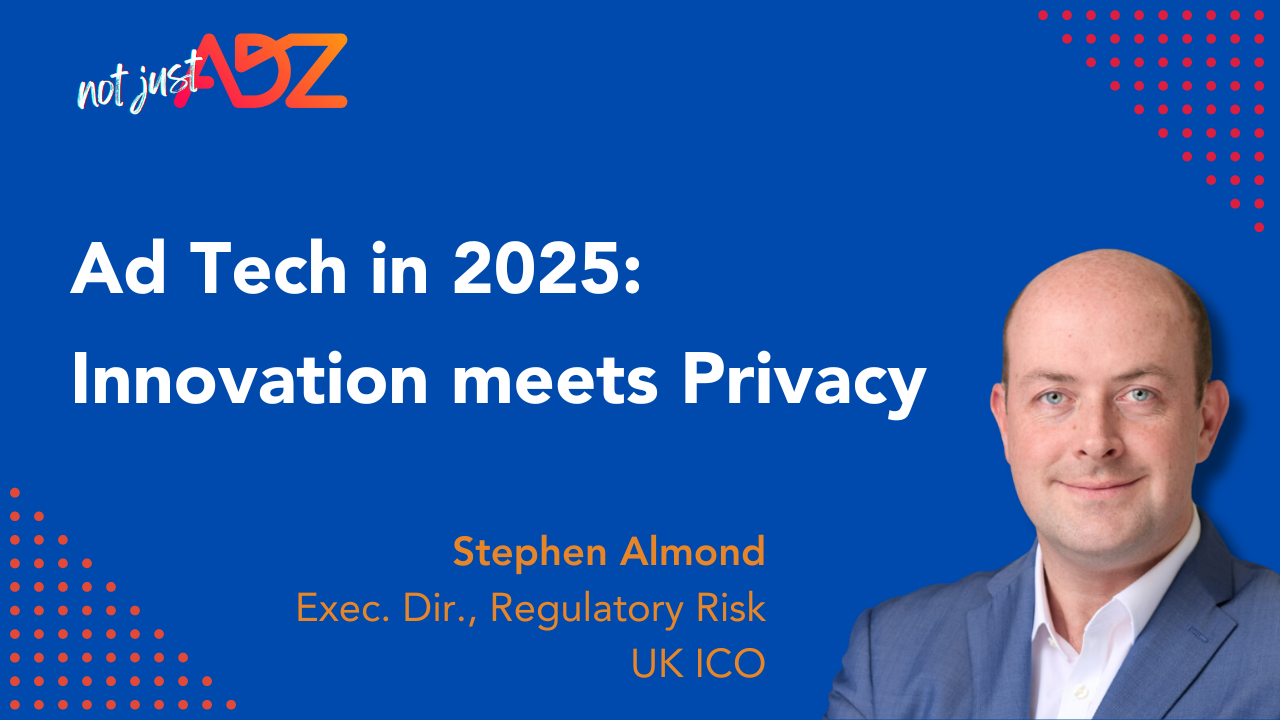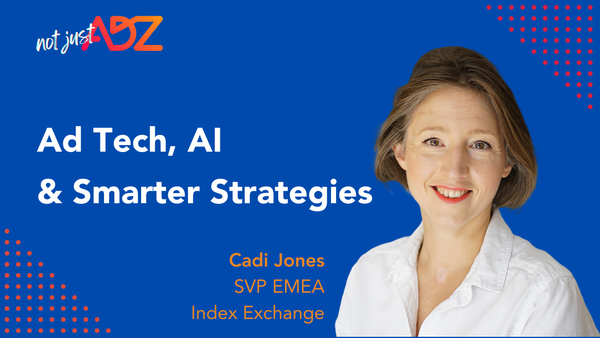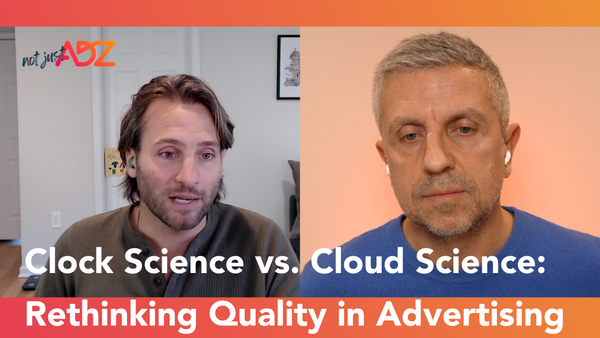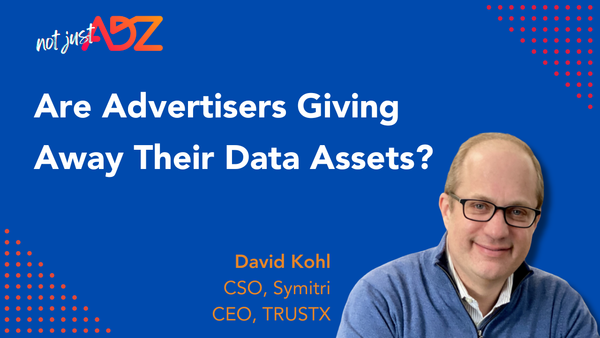The UK ICO’s Vision on a Privacy-Preserving AdTech Future

I have been in the industry long enough to sense when the tide is turning in rhetoric and when real change is happening.
I planned this conversation with Stephen Almond, UK ICO’s Executive Director, Regulatory Risk, expecting it to provide valuable insights for various players in digital advertising, particularly media brands, on the UK ICO’s plans for 2025.
Little did I expect a conversation that outlined a bold new vision for digital advertising, one where privacy-preserving technologies could enable business models that do not require consent.
Stephen explains how the UK ICO recognises that current consent requirements (under PECR and GDPR) may not distinguish between high-risk tracking and low-risk processing. This suggests a potential shift away from blanket consent requirements toward a more risk-based approach.
It also signals a pivotal moment for the industry, where privacy isn’t just about compliance but a catalyst for innovation. If essential functions can be redesigned to work within a privacy-first framework, it could unlock new, sustainable business models for publishers and advertisers.
The UK ICO’s stance suggests that regulators are not merely enforcing rules but actively shaping an ecosystem where privacy, effective advertising and sustainable business models can coexist.
For media brands and adtech companies, this presents both a challenge and an opportunity. It requires rethinking how digital advertising operates, moving beyond over-reliance on personal data collection and embracing privacy-first strategies that balance business objectives with user expectations.
The question now is whether the industry will lead this transformation or wait until regulation forces its hand. In Stephen's words: "The UK ICO means business in 2025".
Beyond this, the conversation explores several other key issues, including ‘Consent or Pay,’ the challenges of withdrawing consent, fingerprinting, how to tackle the "First Mover Disadvantage" and practical guidance for media owners on engaging with the regulator.
It provides critical insights into how privacy, regulation, and innovation intersect, and what this means for the future of digital advertising.
Enjoy the full video below (free registration required).





